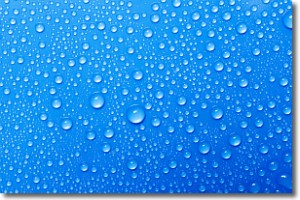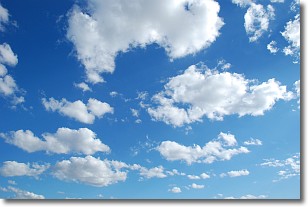Weather Alert in Montana
Red Flag Warning issued July 9 at 2:14AM MDT until July 10 at 4:00AM MDT by NWS Glasgow MT
AREAS AFFECTED: Dawson/McCone/Prairie/Richland/Wibaux Counties; Northern Valley and Northern Phillips Counties; The Little Rockies; The Lower Missouri River Breaks including the Charles M Russell National Wildlife Refuge; Southern Petroleum and Southern Garfield Counties
DESCRIPTION: ...DRY FUELS AND DRY LIGHTNING WITH COLLAPSING STORMS HAVE A POTENTIAL FOR EXPLOSIVE FIRE GROWTH.... The National Weather Service in Glasgow has issued a Red Flag Warning, which is in effect from 2 PM this afternoon to 4 AM MDT Thursday. * AFFECTED AREA...Fire weather zones 122, 134, 135, 136, and 137. * WIND... 5 to 10 mph from the west normally... with possible sudden thunderstorms wind gusts as high as 45 mph from passing cells. * HUMIDITY...as low as 9 percent. * THUNDERSTORMS...(10-30% chance) Any dry thunderstorms will have a chance to generate new fire starts. * IMPACTS...any fires that develop could spread rapidly with passing wind gusts from thunderstorms. Outdoor burning is not recommended.
INSTRUCTION: Please advise the appropriate officials or fire crews in these areas of this Red Flag Warning.
Want more detail? Get the Complete 7 Day and Night Detailed Forecast!
Current U.S. National Radar--Current
The Current National Weather Radar is shown below with a UTC Time (subtract 5 hours from UTC to get Eastern Time).

National Weather Forecast--Current
The Current National Weather Forecast and National Weather Map are shown below.

National Weather Forecast for Tomorrow
Tomorrow National Weather Forecast and Tomorrow National Weather Map are show below.

North America Water Vapor (Moisture)
This map shows recent moisture content over North America. Bright and colored areas show high moisture (ie, clouds); brown indicates very little moisture present; black indicates no moisture.

Weather Topic: What is Condensation?
Home - Education - Precipitation - Condensation
 Next Topic: Contrails
Next Topic: Contrails
Condensation is the process which creates clouds, and therefore
it is a crucial process in the water cycle.
Condensation is the change of matter from a state of gas into a state of liquid,
and it happens because water molecules release heat into the atmosphere and
become organized into a more closely packed structure, what we might see as
water droplets.
Water is always present in the air around us as a vapor, but it's too small for
us to see. When water undergoes the process of condensation it becomes organized
into visible water droplets. You've probably seen condensation happen before on the
surface of a cold drink!
Next Topic: Contrails
Weather Topic: What are Cumulonimbus Clouds?
Home - Education - Cloud Types - Cumulonimbus Clouds
 Next Topic: Cumulus Clouds
Next Topic: Cumulus Clouds
The final form taken by a growing cumulus cloud is the
cumulonimbus cloud, which is very tall and dense.
The tower of a cumulonimbus cloud can soar 23 km into the atmosphere, although
most commonly they stop growing at an altitude of 6 km.
Even small cumulonimbus clouds appear very large in comparison to other cloud types.
They can signal the approach of stormy weather, such as thunderstorms or blizzards.
Next Topic: Cumulus Clouds
Current conditions powered by WeatherAPI.com




